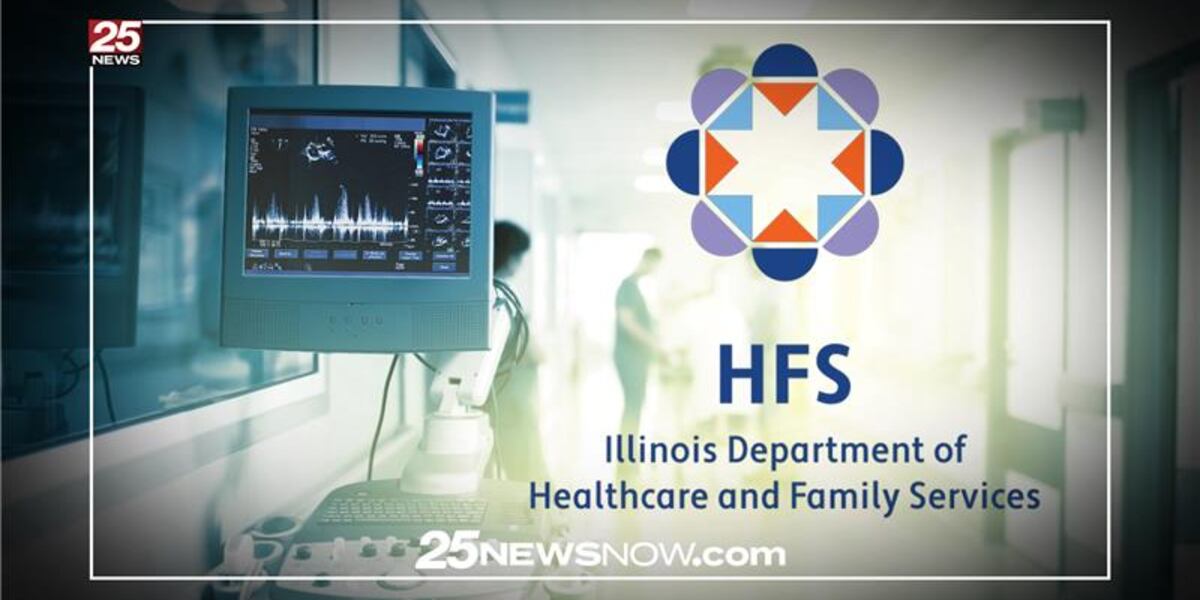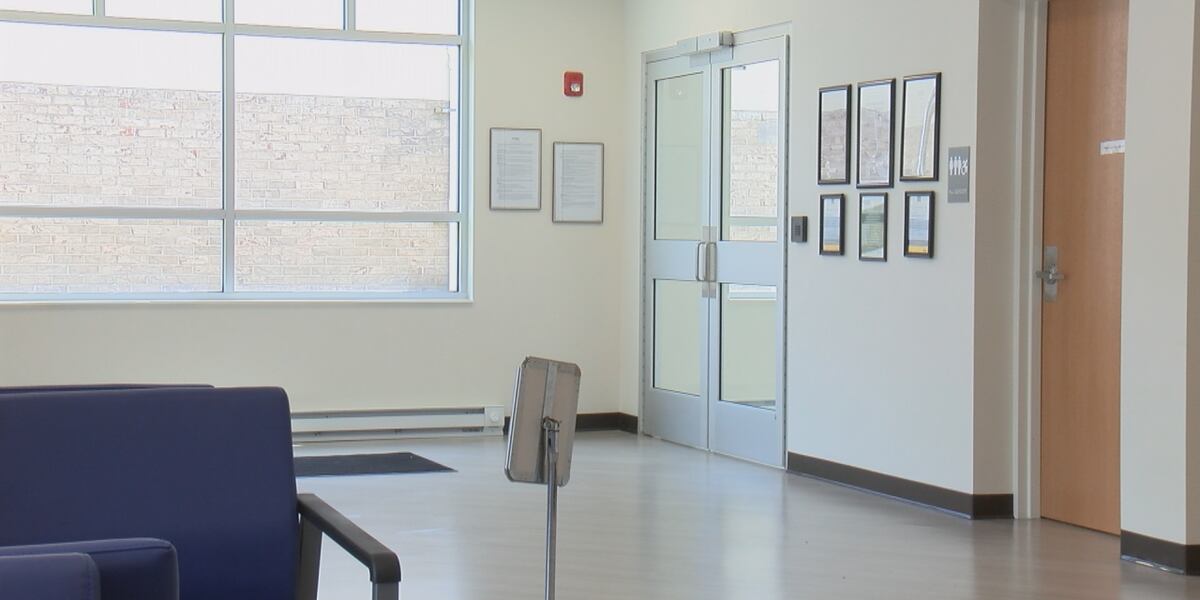Illinois Hospitals See Financial Boost from Immigrant Healthcare Programs, New Study Finds

A new study suggests that two Illinois-run healthcare programs offering Medicaid-like coverage to noncitizens have significantly benefited the state's hospitals, bolstering their financial performance. The research, which examined hospital finances before and after the implementation of the programs, indicates a positive correlation between the expanded coverage and improved hospital bottom lines.
The Programs: A Lifeline for Undocumented Residents and Hospitals
The two programs in question – the Health Benefits for Immigrant Adults (HBIA) and the Health Benefits for Immigrant Children (HBIC) – provide comprehensive healthcare services to undocumented immigrants who are otherwise ineligible for traditional Medicaid. These programs aim to improve public health outcomes by ensuring access to care for a vulnerable population. However, their impact extends beyond the health of individuals; it appears to have had a tangible effect on the financial health of Illinois hospitals.
Study Findings: A Clear Financial Upside
Researchers analyzed financial data from Illinois hospitals, comparing performance metrics before and after the rollout of HBIA and HBIC. The findings revealed a notable increase in hospital revenue, particularly from patient services. The study attributes this increase, at least in part, to the expanded pool of insured individuals provided by the immigrant healthcare programs. Essentially, more patients having coverage translates to more billable services and reduced uncompensated care costs for hospitals.
“Our research demonstrates that these programs aren’t just about providing healthcare to those who need it most; they’re also contributing to the financial stability of our hospital system,” explained Dr. Emily Carter, lead author of the study and a health economist at the University of Illinois. “This is a win-win scenario – improved health outcomes for immigrants and a stronger healthcare infrastructure for everyone in Illinois.”
Addressing Concerns and Future Implications
While the study highlights the financial advantages for hospitals, it also acknowledges the ongoing debate surrounding immigrant healthcare programs. Some critics argue that such programs place a strain on state resources. However, proponents contend that the long-term benefits – including improved public health and reduced emergency room costs – outweigh the initial investment. The study's findings offer further evidence supporting the latter argument.
The research also underscores the need for continued evaluation of these programs to ensure their effectiveness and sustainability. Policymakers will be closely watching these developments as they consider potential expansions or modifications to immigrant healthcare coverage in Illinois and other states. The economic impact on hospitals is a key factor in these discussions.
Looking Ahead: A Model for Other States?
Illinois' experience with HBIA and HBIC could serve as a model for other states grappling with similar challenges. As more states explore ways to expand healthcare access to undocumented immigrants, understanding the potential financial implications for hospitals will be crucial. This study provides valuable insights for policymakers considering similar initiatives, demonstrating that providing care for vulnerable populations can also be a sound economic investment.






